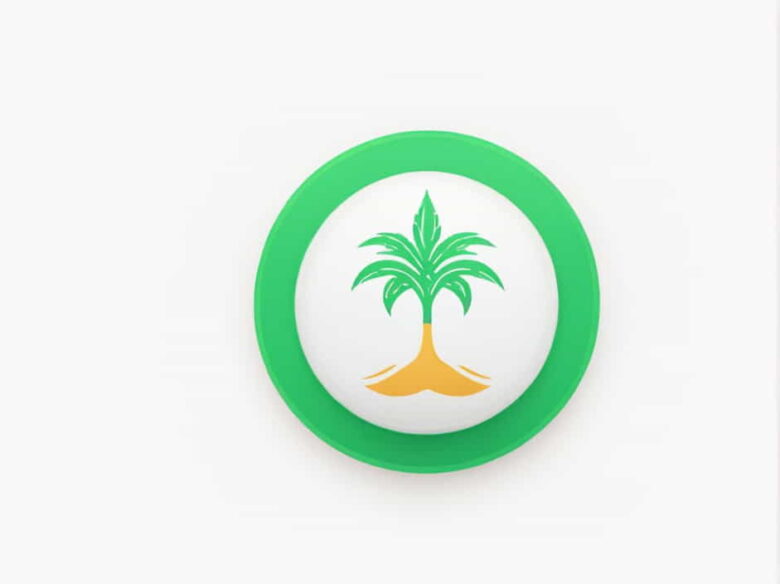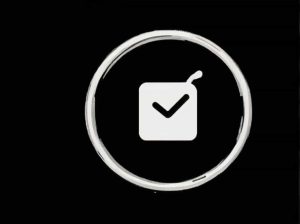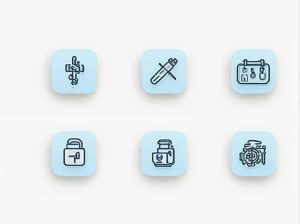The Agronomic and Veterinary Institute Hassan II (IAV Hassan II) is one of Moroccos premier institutions for higher education and research in agriculture, veterinary medicine, and related fields. Established to meet the country’s agricultural and veterinary needs, the institute plays a vital role in advancing scientific knowledge, developing sustainable farming techniques, and training professionals for Moroccos agricultural and veterinary sectors.
This content explores the institutes history, academic programs, research contributions, and its impact on the agricultural and veterinary industries.
History and Establishment
The Agronomic and Veterinary Institute Hassan II was founded to address Moroccos growing need for expertise in agriculture and animal health. Since its establishment, it has developed into a key educational and research center, producing skilled graduates and conducting research that benefits both local and international agricultural sectors.
The institute is named after King Hassan II, reflecting its importance to Moroccos national development strategy in agriculture and food security. Over the years, IAV Hassan II has expanded its curriculum and infrastructure, integrating modern scientific advancements with practical training to equip students with the necessary skills for the industry.
Academic Programs
IAV Hassan II offers a variety of degree programs, including undergraduate, postgraduate, and doctoral studies in agronomy, veterinary medicine, and environmental sciences. These programs are designed to provide students with a solid theoretical foundation while emphasizing hands-on training and fieldwork.
1. Agronomy Programs
The Faculty of Agronomy at IAV Hassan II focuses on crop production, soil science, irrigation systems, and sustainable farming practices. Courses cover:
- Plant biology and genetics
- Soil fertility and water management
- Agroecology and sustainable agriculture
- Pest and disease control
- Agricultural economics and policy
Graduates from this program contribute to improving agricultural productivity and sustainability in Morocco and beyond.
2. Veterinary Medicine
The Veterinary School trains students in diagnosing, treating, and preventing animal diseases. It is one of the most respected veterinary programs in North Africa, with coursework that includes:
- Animal physiology and pathology
- Veterinary pharmacology
- Livestock health and management
- Food safety and public health
- Wildlife and exotic animal medicine
Students engage in clinical practice at the institutes veterinary hospital and collaborate with farmers and industry professionals.
3. Environmental and Natural Resource Management
This program focuses on sustainability and conservation, covering areas such as:
- Climate change and its impact on agriculture
- Water resource management
- Biodiversity conservation
- Agroforestry and land restoration
Graduates contribute to policies and practices that promote sustainable development and environmental stewardship.
Research and Innovation
IAV Hassan II is a leader in agricultural and veterinary research, contributing to Moroccos food security and rural development. Research at the institute focuses on:
- Developing disease-resistant crops
- Improving livestock breeding and management
- Enhancing soil conservation techniques
- Studying zoonotic diseases (diseases that transfer between animals and humans)
- Exploring innovative water-saving irrigation methods
The institute collaborates with government agencies, international organizations, and private sector partners to implement research findings in real-world agricultural and veterinary practices.
Contribution to Moroccos Agricultural Sector
IAV Hassan II plays a crucial role in advancing Moroccos agricultural policies and veterinary healthcare system. Some key contributions include:
1. Training Skilled Professionals
Graduates from IAV Hassan II work in various sectors, including government agencies, private agribusinesses, research institutions, and non-governmental organizations. They help implement modern agricultural techniques and ensure food safety and animal welfare.
2. Enhancing Food Security
The institutes research and training programs help Moroccan farmers increase productivity while maintaining environmental sustainability. This contributes to national food security by improving crop yields and livestock health.
3. Supporting Rural Development
By providing technical assistance and training to rural farmers, IAV Hassan II promotes sustainable farming practices that enhance economic opportunities in rural communities.
4. Veterinary Public Health
The institute is at the forefront of disease prevention and control in Morocco. By researching and addressing animal diseases, IAV Hassan II helps prevent outbreaks that could affect human populations.
International Collaboration
IAV Hassan II has established partnerships with universities and research institutions worldwide, enhancing its global reach and expertise. Collaborations include:
- Joint research projects with European and African universities
- Student exchange programs
- Participation in international conferences and scientific networks
These partnerships strengthen Moroccos agricultural and veterinary sectors by introducing new technologies and knowledge-sharing initiatives.
Modern Facilities and Infrastructure
To support its academic and research programs, IAV Hassan II has state-of-the-art facilities, including:
- Veterinary Hospital: Offers clinical training and provides services to livestock owners and pet owners.
- Agricultural Research Centers: Conducts field trials and develops new farming techniques.
- Laboratories: Equipped for advanced research in biotechnology, genetics, and microbiology.
- Experimental Farms: Allow students to gain practical experience in real farming environments.
Admission Requirements
Admission to IAV Hassan II is competitive, with requirements varying by program. Generally, applicants must:
- Have a strong academic background in science subjects (biology, chemistry, physics, mathematics).
- Pass an entrance examination for veterinary and agronomy programs.
- Demonstrate proficiency in French, as many courses are taught in French.
Postgraduate applicants must have a relevant bachelors degree and may need to submit research proposals for certain programs.
Career Opportunities for Graduates
Graduates from IAV Hassan II have diverse career opportunities in agriculture, veterinary medicine, environmental management, and research. Common career paths include:
- Agricultural Engineers: Working in irrigation, soil management, and crop production.
- Veterinarians: Treating animals in clinics, farms, and wildlife conservation programs.
- Food Safety Inspectors: Ensuring that food production meets health regulations.
- Research Scientists: Conducting studies in plant breeding, animal health, and environmental conservation.
- Rural Development Officers: Implementing policies to support farmers and local communities.
Future Prospects of IAV Hassan II
IAV Hassan II continues to evolve, integrating modern technologies such as precision farming, artificial intelligence, and genetic engineering into its curriculum and research. The institute aims to:
- Expand research on climate-resilient agriculture.
- Strengthen partnerships with international organizations.
- Increase scholarship opportunities for students.
- Develop new programs in agribusiness and biotechnology.
The Agronomic and Veterinary Institute Hassan II is a pillar of agricultural and veterinary education in Morocco. Through its comprehensive academic programs, cutting-edge research, and commitment to sustainability, the institute contributes significantly to the countrys agricultural and veterinary sectors. With a strong focus on innovation, international collaboration, and rural development, IAV Hassan II continues to shape the future of agriculture and veterinary sciences in North Africa and beyond.



